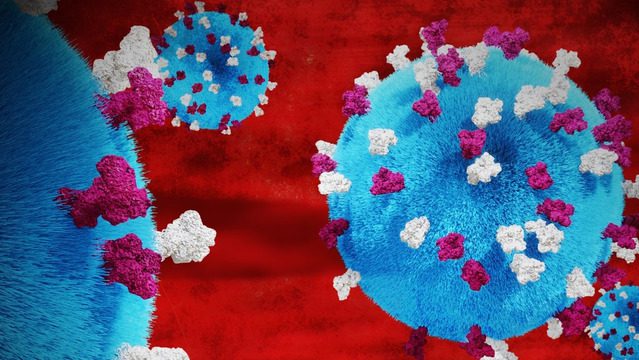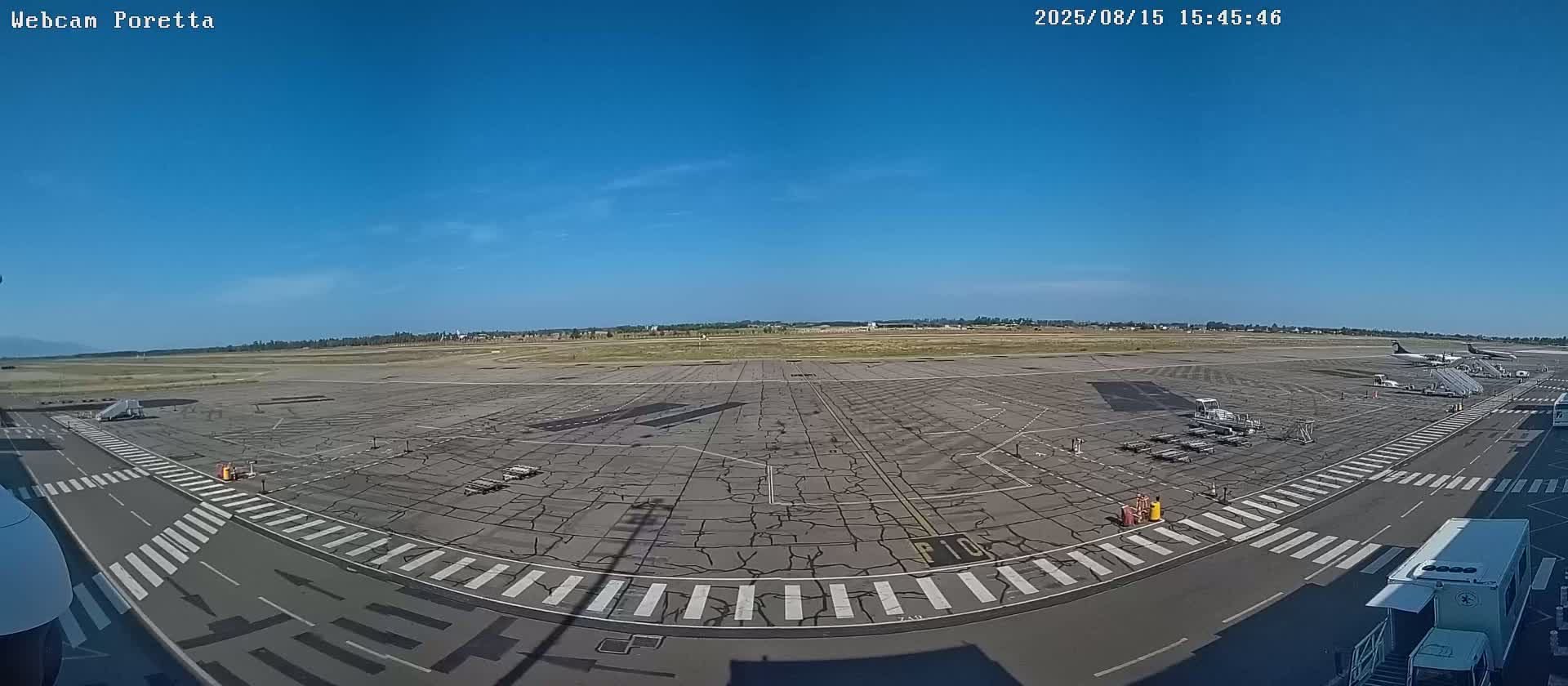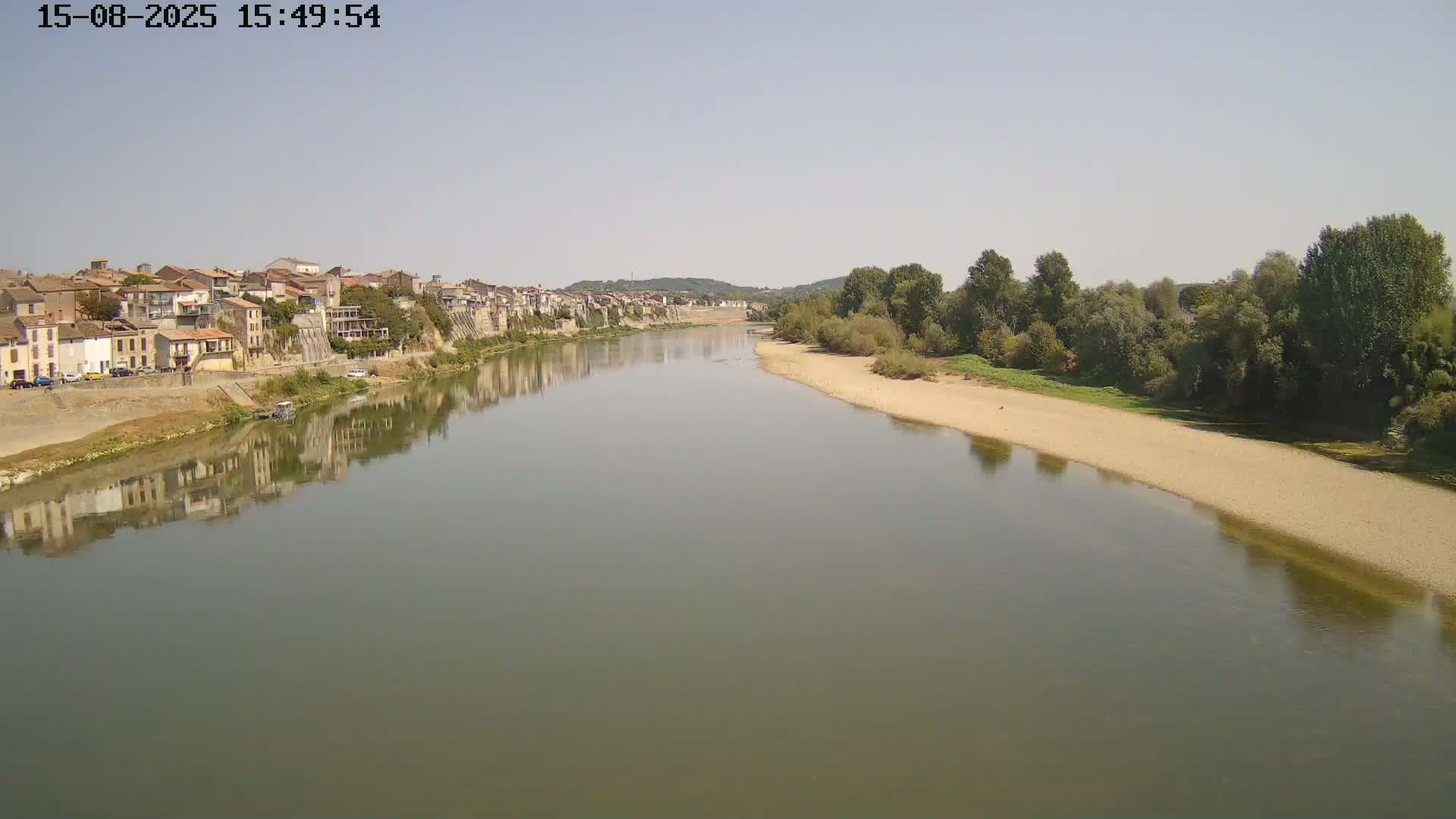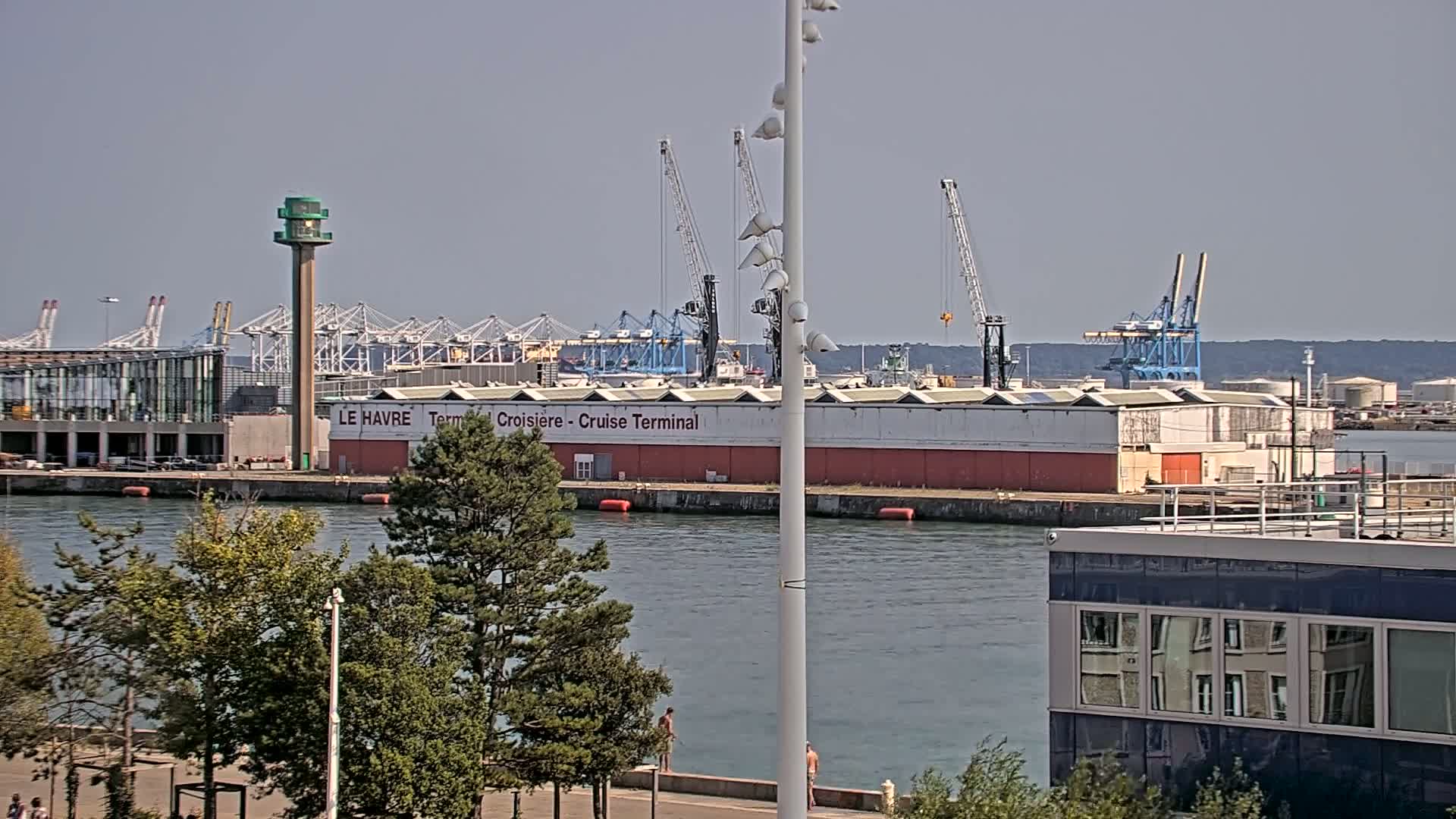WHO Adopts Pandemic Agreement: A Unified Global Response
 France
Health
France
Health

WHO members approved a pandemic agreement to improve global preparedness and response, ensuring resource sharing. The US did not participate in the final stages
WHO Members Approve Historic Pandemic Agreement
In Geneva, World Health Organization (WHO) member countries have unanimously approved a landmark agreement aimed at bolstering global preparedness and response to future pandemics. The accord, forged over three years following the COVID-19 crisis, ensures that nations sharing virus samples will receive essential resources like tests, medicines, and vaccines.
Key Provisions of the Agreement
A key provision allocates up to 20% of these resources to the WHO for distribution to lower-income countries, enhancing equitable access during health emergencies.
WHO Director-General Tedros Adhanom Ghebreyesus hailed the agreement as a powerful demonstration of multilateralism. Namibian Health Minister Dr. Esperance Luvindao emphasized the agreement's role in protecting vulnerable populations from future pandemics.
Challenges and Uncertainties
Despite its widespread support, the agreement's effectiveness is uncertain due to the absence of the United States, a major contributor to global health initiatives. Additionally, the lack of enforcement mechanisms raises questions about compliance among participating nations.





